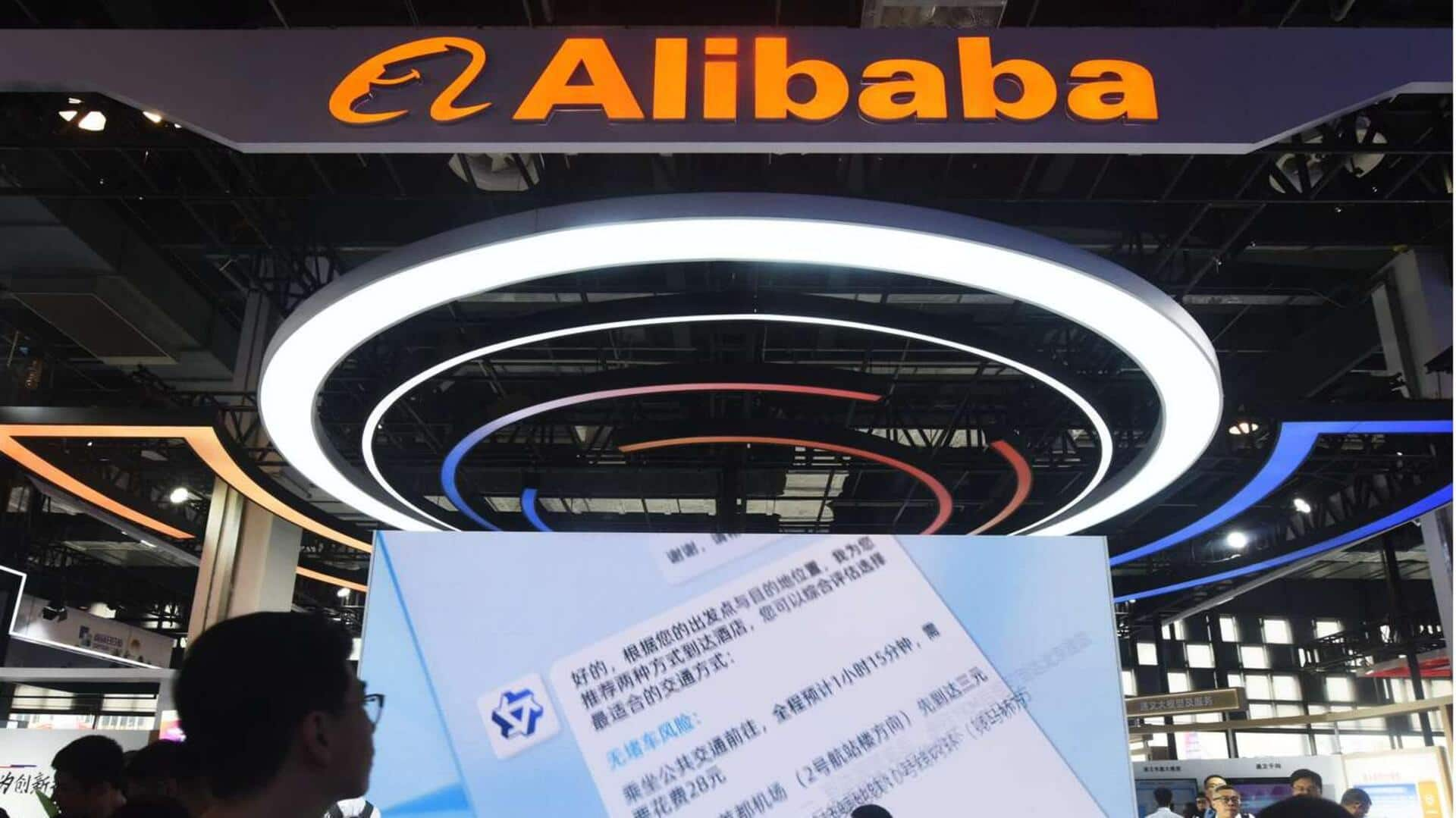
Alibaba unveils over 100 AI models to rival Microsoft, OpenAI
What's the story
Alibaba, the Chinese e-commerce giant, has launched more than 100 open-source artificial intelligence (AI) models in a bid to compete with industry rivals.
The new models, collectively known as Qwen 2.5, are designed for various applications and sectors including automobiles, gaming, and scientific research.
This move is seen as Alibaba's strategy to intensify competition with domestic competitors like Baidu and Huawei as well as global tech giants such as Microsoft and OpenAI.
Model features
Qwen 2.5 models: A step toward advanced AI capabilities
The Qwen 2.5 models, according to Alibaba, have enhanced capabilities in mathematics and coding.
These AI models are trained on vast amounts of data and can comprehend prompts to generate texts and images.
As open-source tools, they can be used by anyone including researchers, academics, and companies worldwide to create their generative AI apps without the need for training their own systems.
AI evolution
Alibaba's AI journey and proprietary model enhancements
Alibaba first introduced its Tongyi Qianwen or Qwen model last year, and has since released improved versions. To date, these open-source models have been downloaded over 40 million times.
In addition to the open-source models, Alibaba has also upgraded its proprietary flagship model, Qwen-Max, which is marketed through its cloud computing products to businesses.
The company claims that the enhanced Qwen Max 2.5-Max outperforms rivals like Meta's Llama and OpenAI's GPT4 in several areas including reasoning and language comprehension.
Video tool
Innovative text-to-video generation tool
Alongside the AI models, Alibaba has also introduced a new text-to-video generation tool based on its AI models.
This innovative feature allows users to input a prompt and have the AI create a video based on it, similar to OpenAI's Sora.
"Alibaba Cloud is investing, with unprecedented intensity, in the research and development of AI technology and the building of its global infrastructure," stated Eddie Wu, CEO of Alibaba.
Growth strategy
AI advancements aim to boost cloud services
Despite being a leading cloud computing player in China, Alibaba lags behind global competitors.
The company hopes that its latest AI offerings will attract customers both within and outside China to its cloud services.
This strategy is part of an effort to stimulate a division that has been sluggish but showed early signs of acceleration in the June quarter.